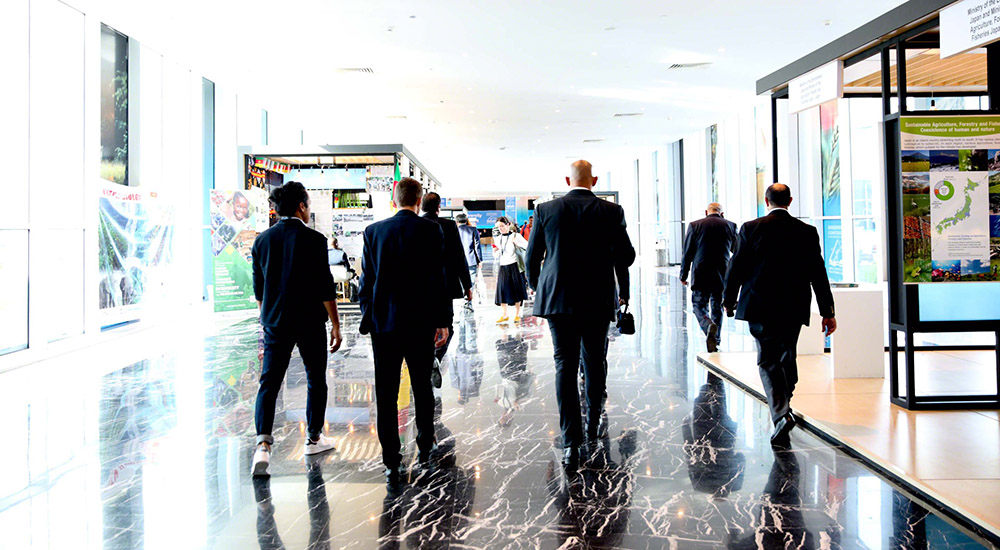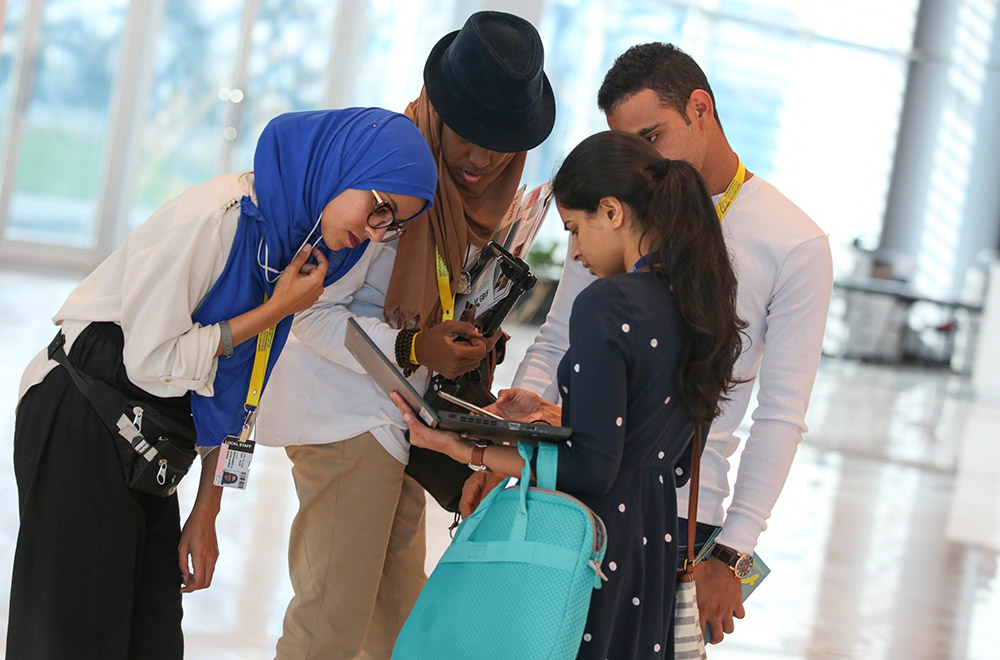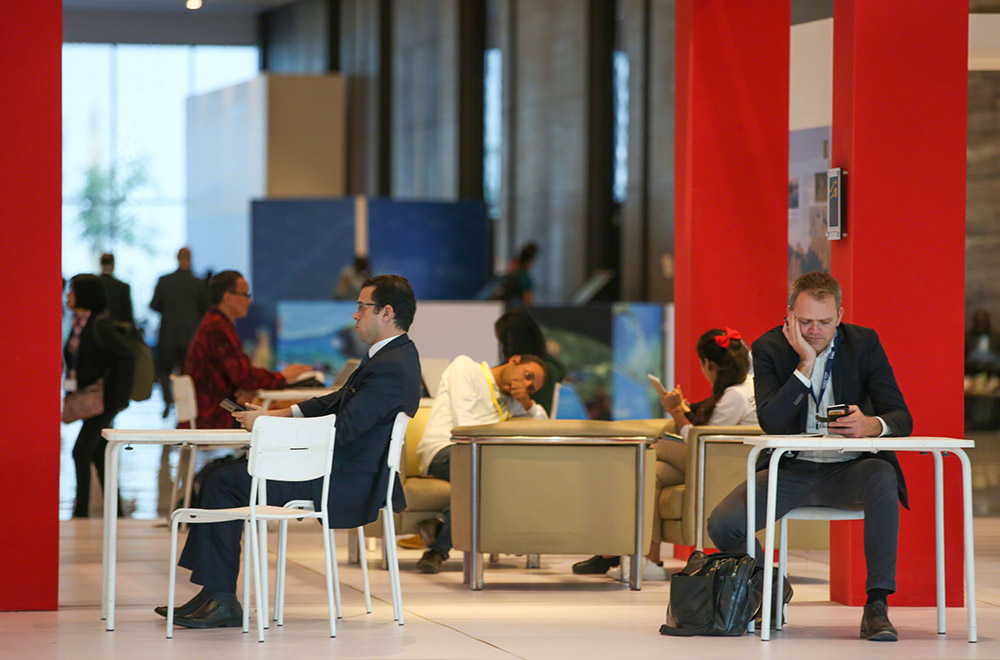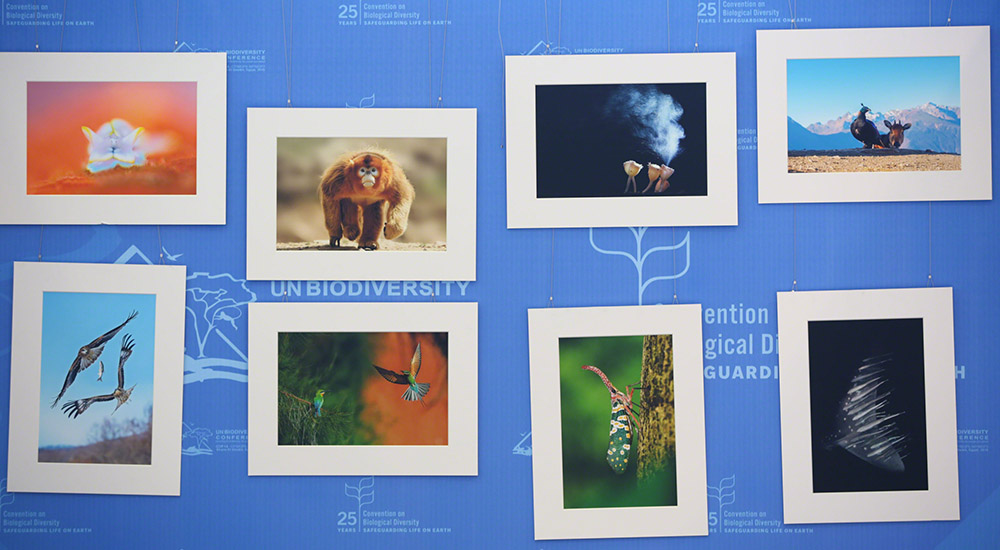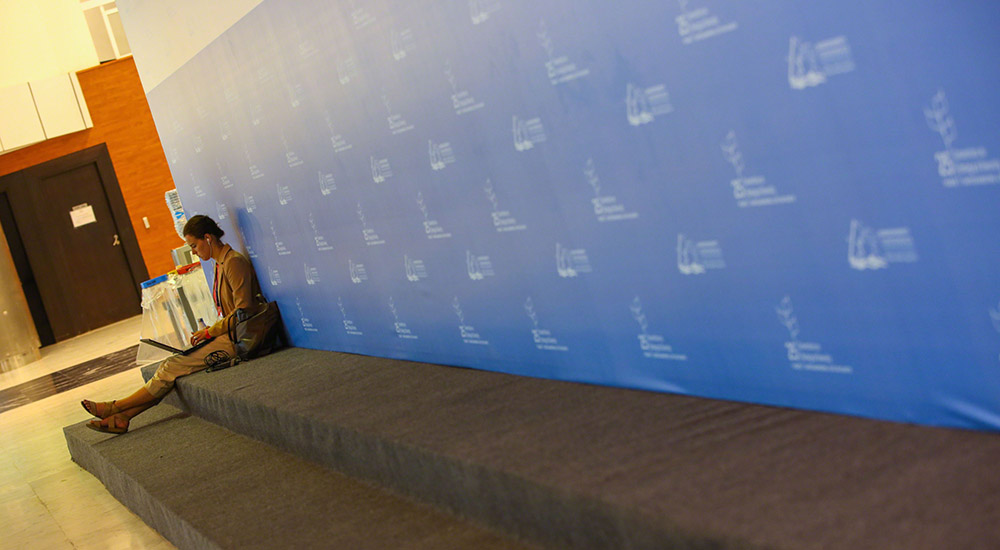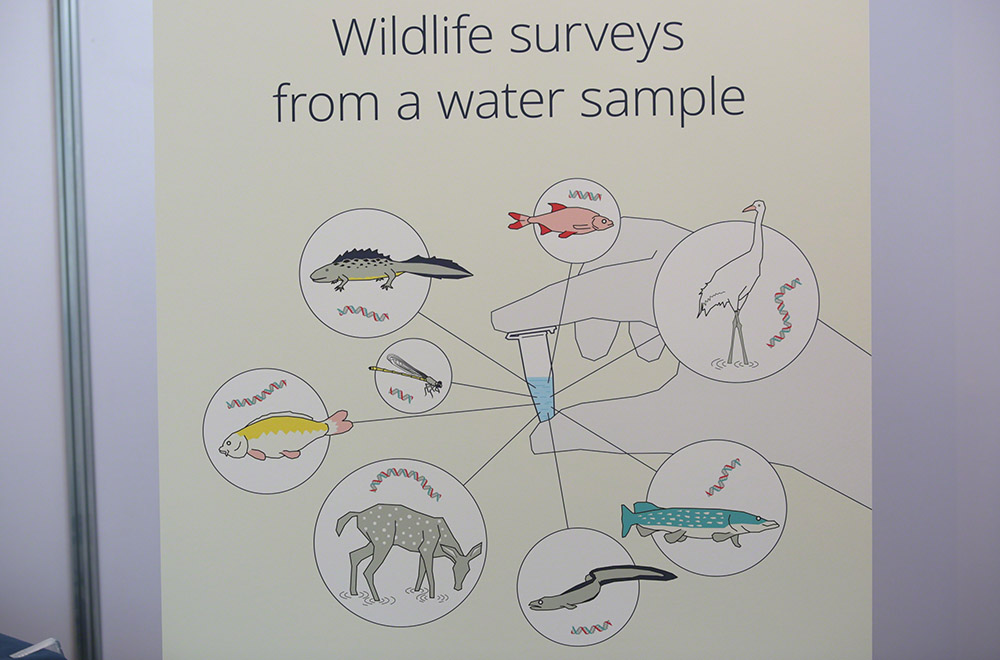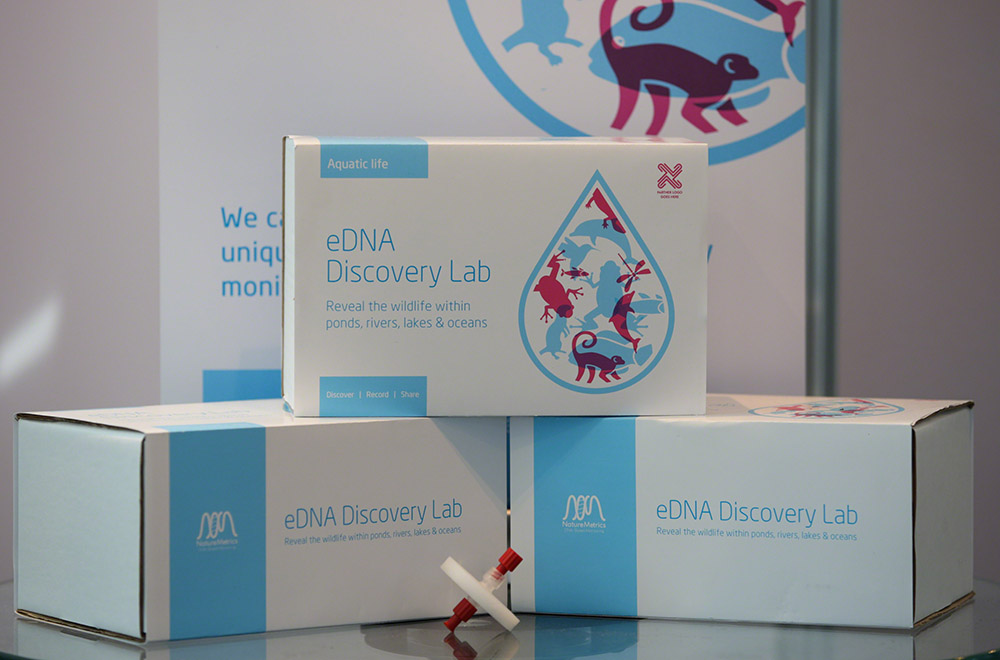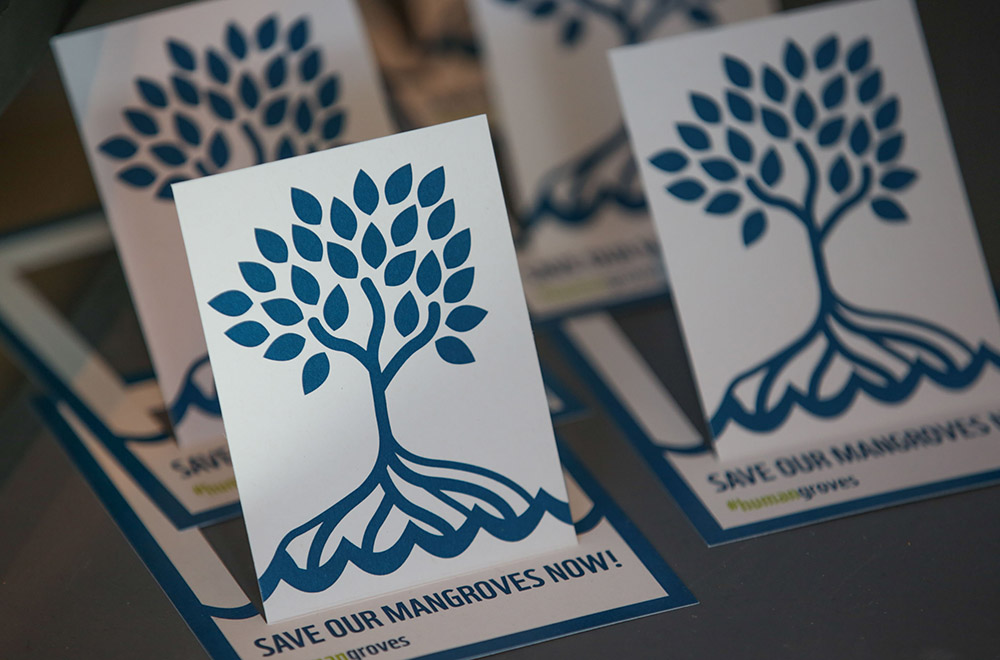Summary
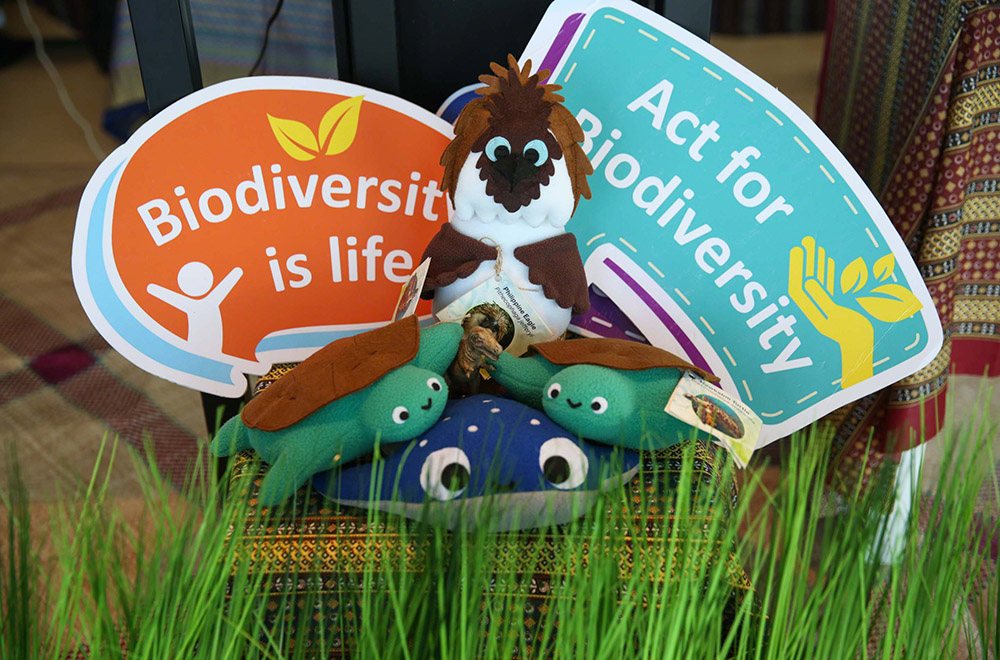
The following events were covered by IISD Reporting Services on Thursday, 22 November 2018:
Photos by IISD/ENB | Kiara Worth
For photo reprint permissions, please follow instructions at our Attribution Regulations for Meeting Photo Usage Page
15th Anniversary of the Cartagena Protocol on Biosafety to the Convention on Biodiversity
Presented by the CBD Secretariat, in collaboration with the UN Environment Programme (UNEP)
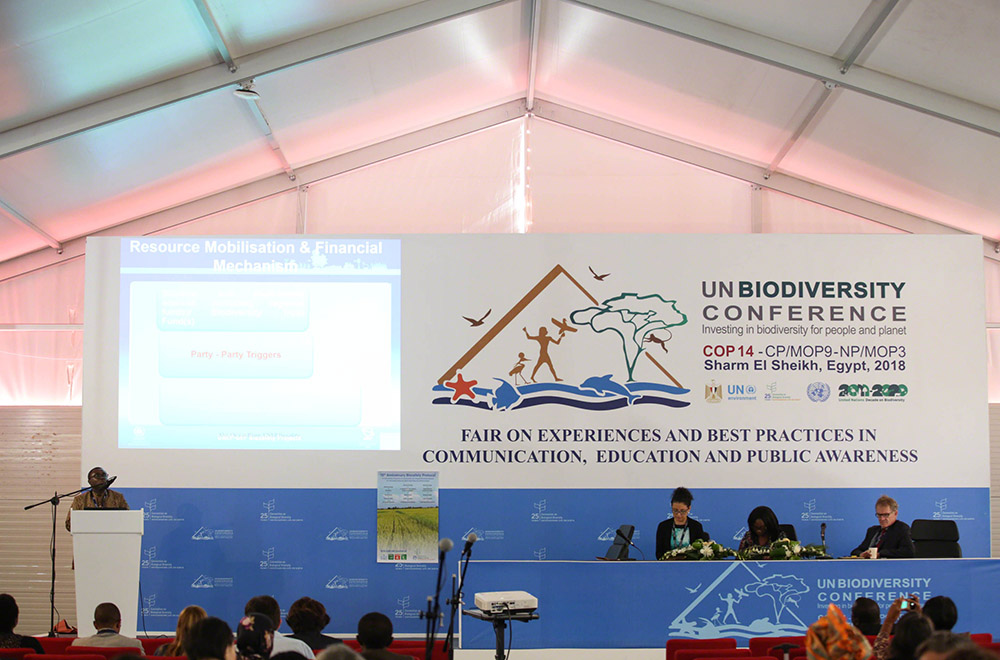
This side event celebrated the 15th anniversary of the entry into force of the Cartagena Protocol on Biosafety to the Convention on Biological Diversity (CBD). Key successes achieved under the Cartagena Protocol include: a fully operational Biosafety Clearing-House; progress made by Parties in the context of public awareness, education, and public participation regarding living modified organisms (LMOs) at the national level; the entry into force of the Nagoya-Kuala Lumpur Supplementary Protocol on Liability and Redress; and the growing experience by Parties in carrying out risk assessments and managing risks associated with the use, handling and transboundary movement of living modified organisms (LMOs).
Ulrika Nilsson, CBD Secretariat, opened the celebration and moderated the event.
Alex Owusu-Biney, Global Environment Facility (GEF) Coordination of the Division of Environmental Policy Implementation at the United Nations Environment Programme (UNEP) the United Nations Environment Programme (UNEP), underscored that the Cartagena Protocol sets out a comprehensive framework for international cooperation on the safety of transboundary movements of living modified organisms (LMOs) and strikes a balanced approach to meet the needs of consumers, industry and the environment. He noted that the precautionary principle is an essential component of the Cartagena Protocol as well as underscored that risk assessment processes, information sharing, public awareness and participation are key to fulfilling the Protocol’s objective of safe transfer, handling and use of LMOs. He noted that the UNEP-GEF capacity-building projects are divided among national, regional and thematic areas, highlighting the importance for Parties to the Cartagena Protocol to get well acquainted with their rights and obligations under the Protocol. He mentioned that capacity-building projects aim to: ensure a vibrant participation process; provide technical tools to support national decision making on biosafety; and disseminate recommendations, best practices and feedback to be used at the national level.
Georgina M. Catacora-Vargas, Ministry of Environment and Water in Bolivia, showcased biosafety from an integral approach in reviewing the regulation of LMOs in Bolivia, and reported that legislation developed in 2009 forbids genetically modified organisms (GMOs) in the country, in the context of international negotiations and country sovereignty. She highlighted that the Bolivian legislation does not allow the introduction of technological agricultural packages containing genetically modified seeds from species that the country is center of origin of or genetic diversity, as well as those that threaten the genetic patrimony, ecosystems and human health. Highlighting the ban on GMO-based food in schools, she referred to the country’s law that forbids activities related to genetically modified maize due to the risk of gene flow into native maize varieties.
Ntakadzeni Tshidada, Department of Environmental Affairs in South Africa, highlighted that 100% of cotton and 95% of soybean in the country is genetically modified. She also pointed to the prevalence of GMO-derived medicines in South Africa’s market, including anti-cancer agents and vaccines. She noted that the country’s progress towards facilitating the establishment and further development of an effective biosafety system, stressing that South Africa’s 2005 National Biodiversity Strategy and Action Plan (NBSAP) integrates biosafety activities. She underscored that the GMO Act provides for measures to promote the responsible production, use and application of GMOs. She further noted that several universities in South Africa have included biosafety in their curriculum, highlighting a study carried out to assess public perception of biotechnology and how this information can inform new biosafety strategies.
Guy van den Eede, European Commission (EC), introduced a training programme launched by the EC’s Joint Research Centre, in 2000, to assist EU Member States and developing countries to address analytical challenges required to implement the requirements of the EU regulatory framework on GMOs. He also highlighted achievements of the ‘Global Harmonization of GMO Analysis Support to Regional Networking’ project, including: the establishment of new networks of GMO laboratories; regional testing projects and capacity-building initiatives; and the mapping of regional technical capacities.
Cristiana Paşca Palmer, CBD Executive Secretary, via a recorded video online, highlighted the successes of the Cartagena Protocol as a key achievement under the UN Convention on Biodiversity relating to LMOs, including: experience in detection and identification of LMOs; awareness raising; participation in decision making on socio-economic considerations; and risk assessment of LMOs. She urged everyone to celebrate the 15th anniversary of the entry into force of the Cartagena Protocol to further enhance its visibility and implementation. She noted that the resources to further celebrate the anniversary is available at https://bch.cbd.int/protocol/15thAnniversary.shtml
Ho-Min Jang, Korea Research Institute of Bioscience and Biotechnology (KRIBB) hosting the Korea Biosafety Clearing House (KBCH) in the Republic of Korea, via a recorded video online, said the KBCH has played a catalytic role in the implementation of the Protocol. He noted that the country has approached, through the KBCH, other Asian countries to promote regional collaboration on biosafety issues. He stressed that such collaborative initiatives will enhance the global implementation of the Protocol.
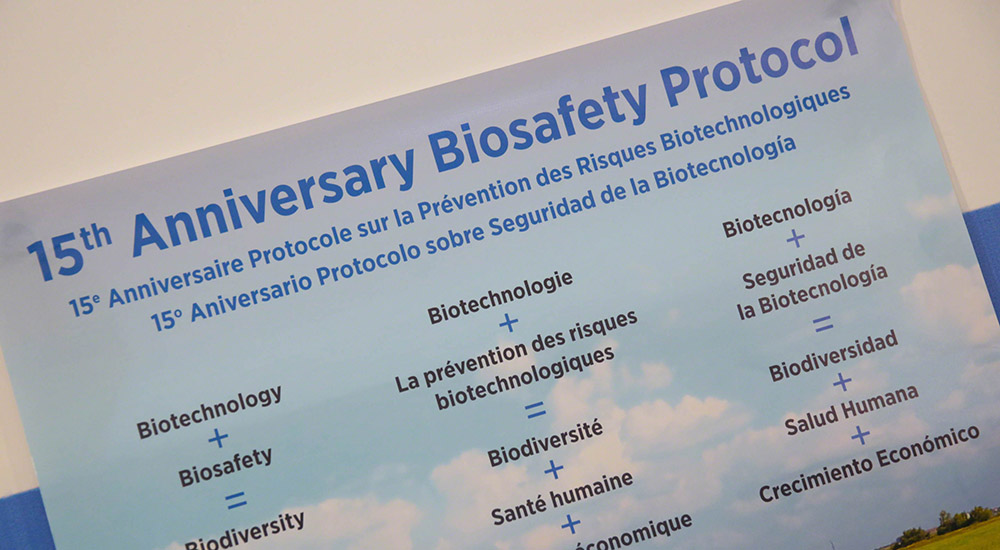
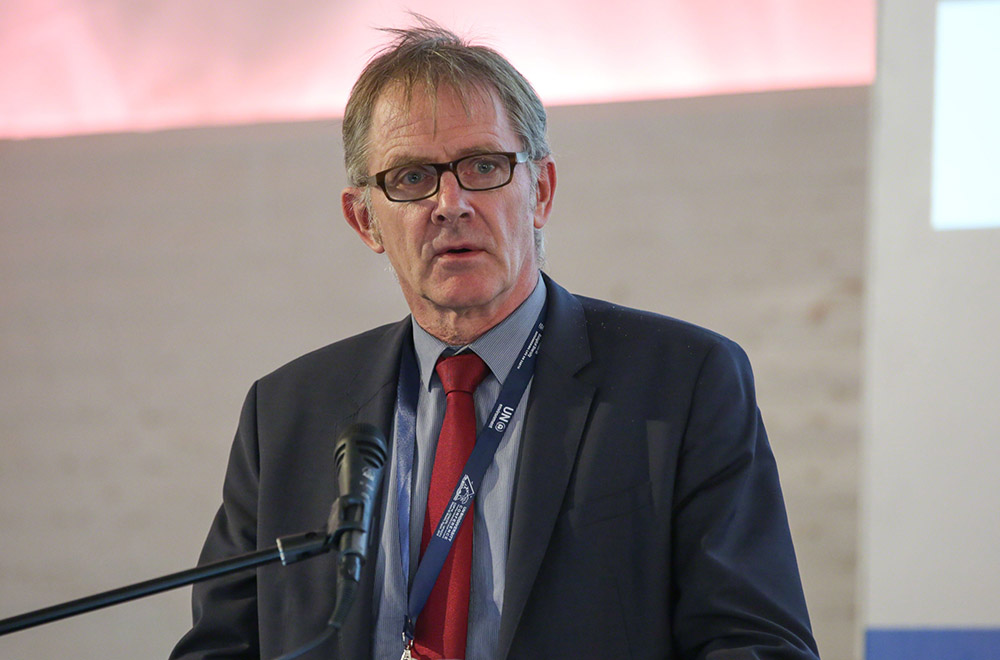
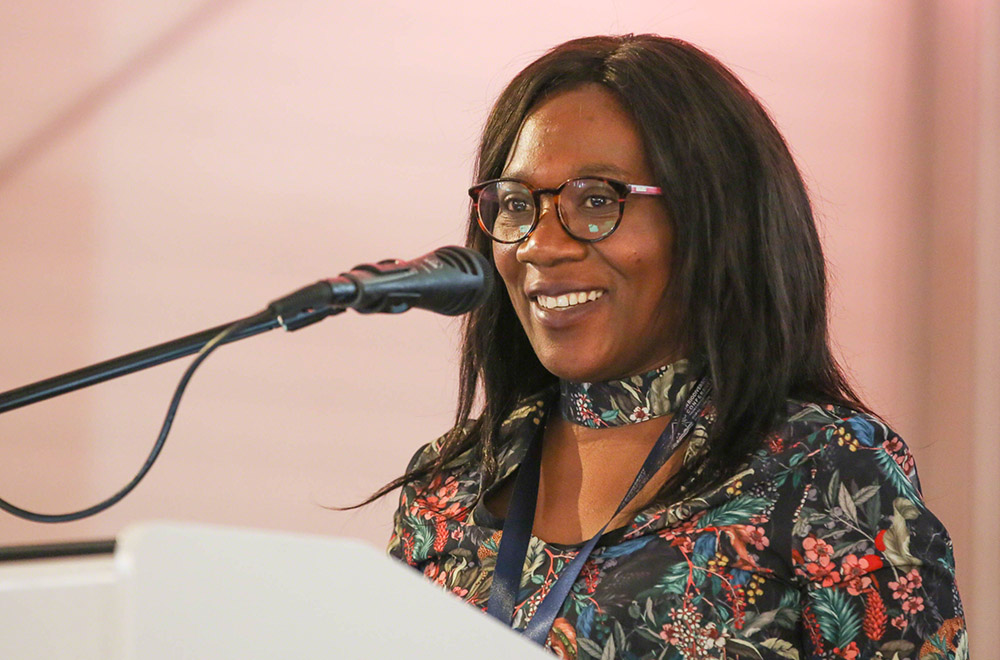
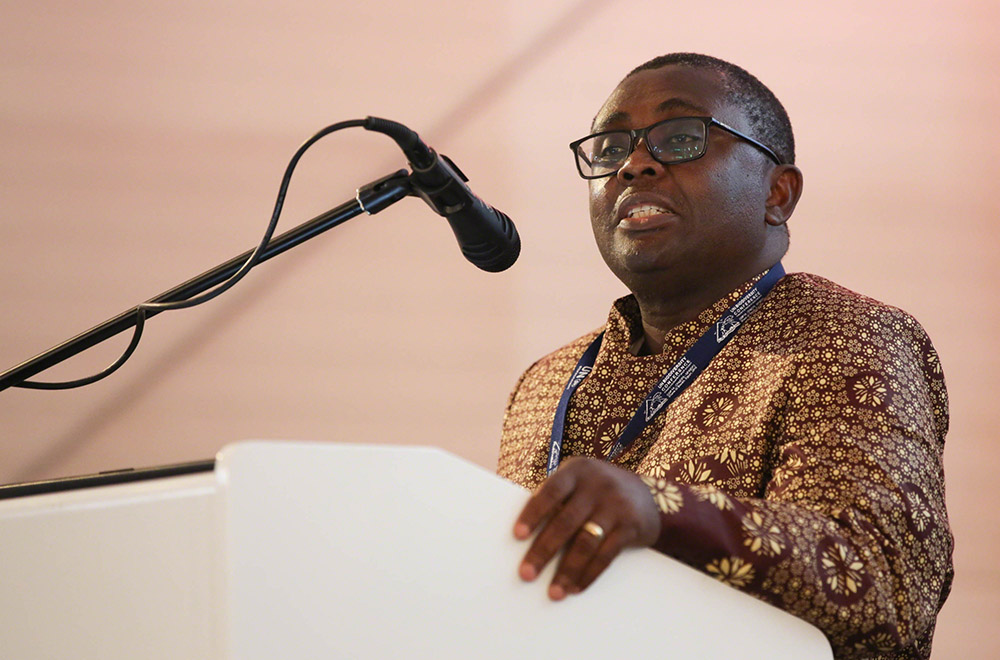
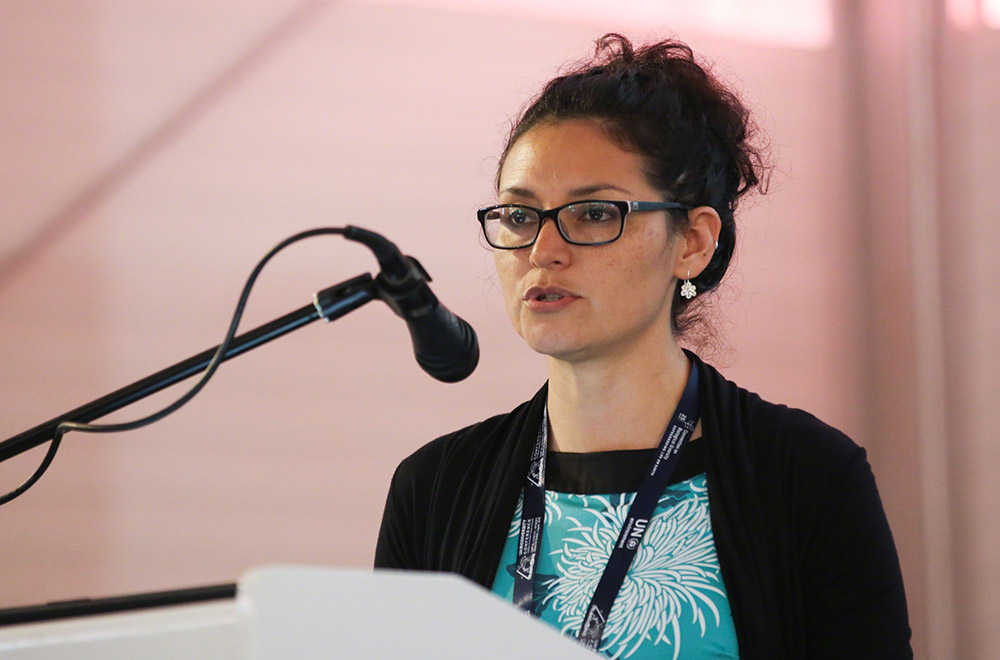
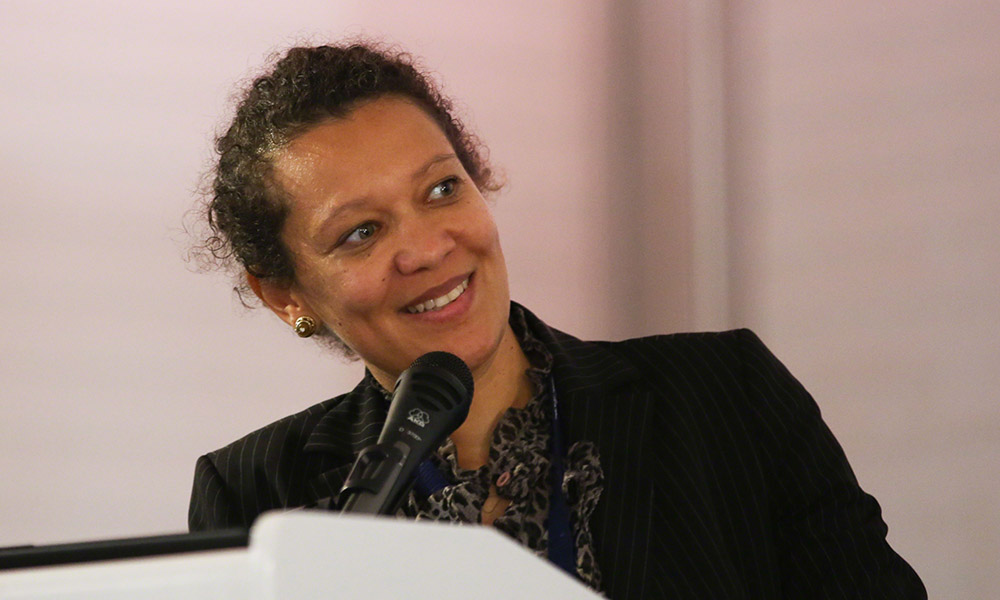
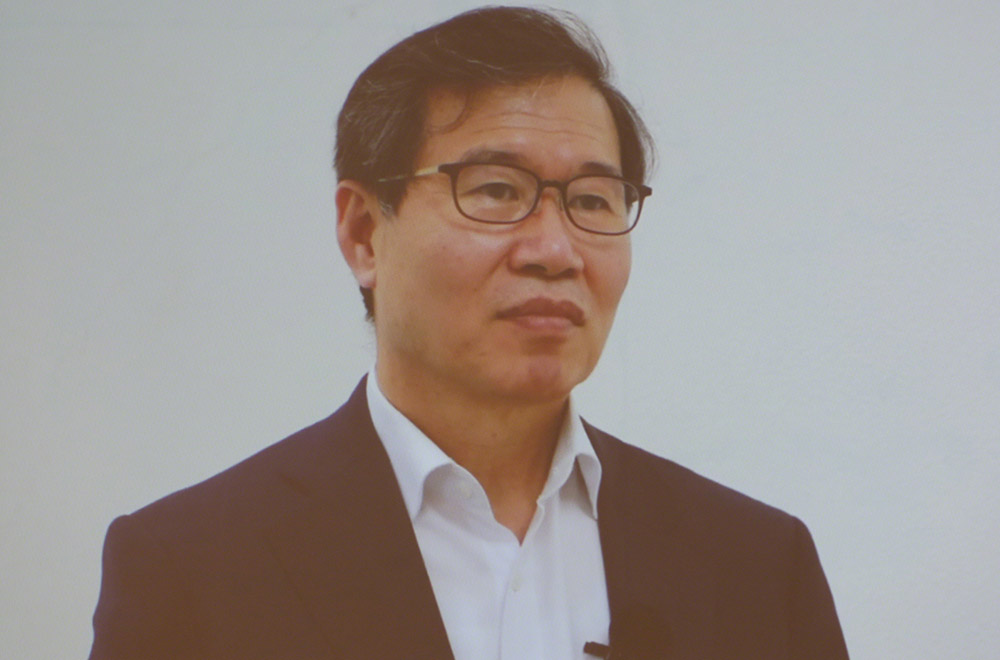
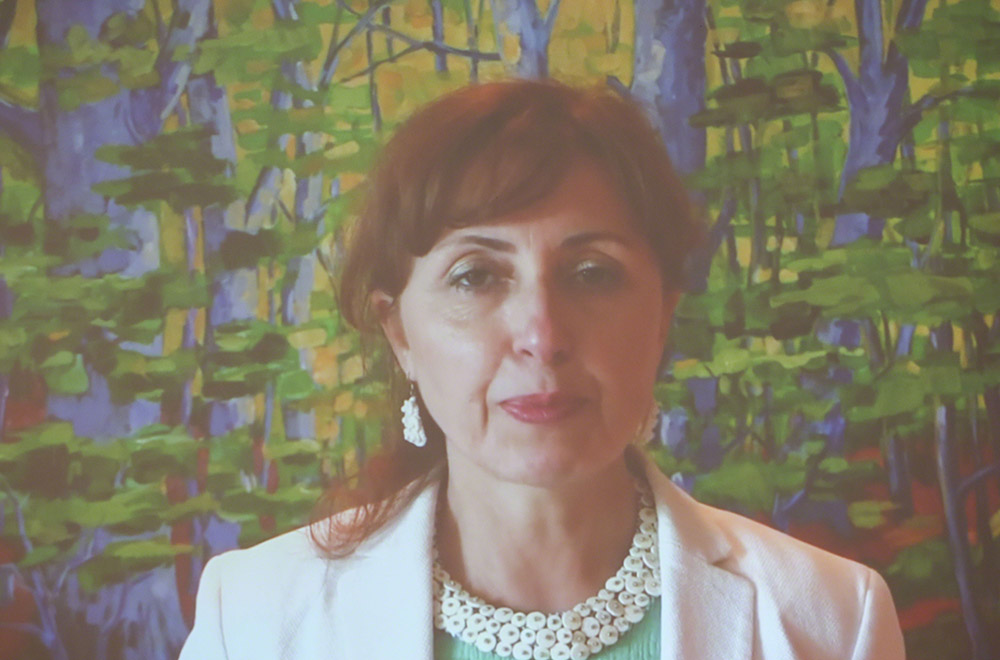
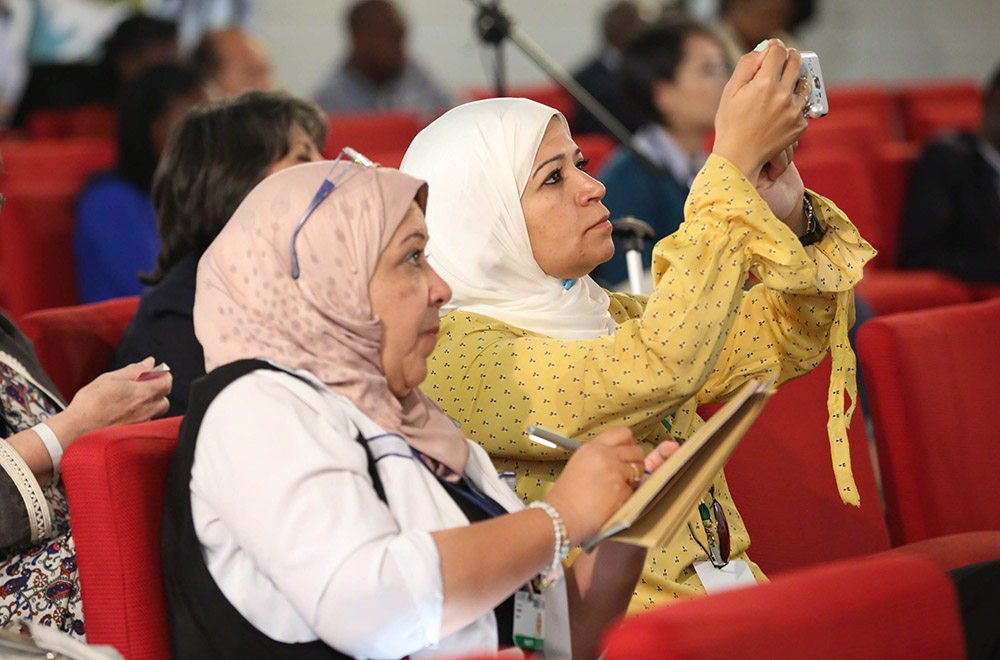
China Council for International Cooperation on Environment and Development Post-2020 Biodiversity Conservation Seminar
Presented by the China Council for International Cooperation on Environment and Development (CCICED), the Chinese Academy of Sciences, WWF, and Deutsche Gesellschaft für Internationale Zusammenarbeit GmbH (GIZ)
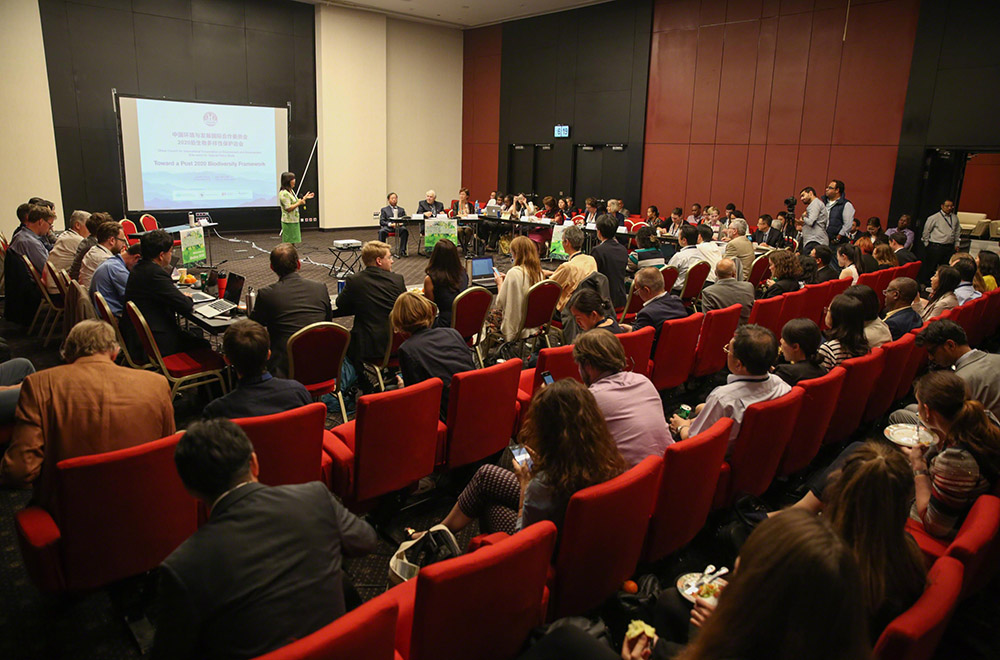
This side event, moderated by Li Lin, WWF International, discussed the Post-2020 Biodiversity Framework and associated implementation mechanisms of the CCICED Special Policy Study (SPS) project. The aim of the event was to generate discussion from Parties and other stakeholders for recommendations to the Chinese government in preparation for the 15th meeting of the Conference of the Parties to the Convention on Biological Diversity (CBD COP 15), which will take place in Beijing, China, in 2020.
Arthur Hanson, CCICED, described the structure of the CCICED and noted the Council’s hybrid organization involving the advisory role of members of the international community. He stressed that the objective of the side event is to receive recommendations to “ratchet up” the work of the CBD for the next COP to develop a robust Post-2020 Biodiversity Framework.
Keping Ma, Chinese Academy of Sciences, discussed progress on the Post-2020 Biodiversity Framework and its implementation. He noted the need to harmonize political engagement, which can be achieved through a biodiversity summit and having champions for nature, underscoring the importance of building strong synergies with the other Rio Conventions and the Sustainable Development Goals (SDGs). He also highlighted the need to promote the Sharm El-Sheikh to Beijing Action Agenda for Nature and People.
Participants heard recommendations for a robust post-2020 Biodiversity Framework from experts engaged in pushing forward the biodiversity agenda internationally.
Edda Veturia Fernández Luiselli, CBD National Focal Point, Mexico, stressed the need for boldness, thinking and acting outside the box. She urged for simplicity and inclusivity in engaging heads of state to the biodiversity agenda and suggested three main themes linking humans and nature: “what we eat,” “what we breathe” and “what we drink.” She pointed to the need for a “new economics,” which does not rely on the same methods for calculating biodiversity benefits. She also urged for the involvement of new audiences, including those working on world trade and with the business sector.
Martha Mphatso Kalemba, CBD National Focal Point, Malawi, emphasized that mechanisms to achieve a full and effective participatory process in the development of the Post-2020 Biodiversity Framework is required. She said effective communication will ensure that all levels of contributions, including local, regional and global, are effectively used.
Inka Gnitkke, German Federal Ministry for the Environment, Nature Conservation and Nuclear Safety (BMU), urged that a diversity of actors, including CBD Parties, state actors and civil society, should be heard and involved for a strong post-2020 biodiversity agenda. She said a post-2020 agenda should be inclusive, transparent, gender-responsive and specific to achieving implementable outcomes.
Jane Smart, IUCN, presenting IUCN’s position on the Framework, underscored that a new positive narrative is necessary. She urged for a Framework that: is completely aligned to the SDGs; facilitates inputs from all sectors; addresses importing impacts through trade flows; and ensures implementation of national targets that are mapped to global targets.
Xu Jing, Chinese Research Academy of Environmental Sciences (CRAES), shared insights from the week’s plenary discussions at the CBD COP, stressing the importance of: enhancing opportunities for consultation on biodiversity issues; linking biodiversity to climate, the SDGs, food security, trade, behavioral change and education; and promoting further capacity building and technology transfer. He also noted that COP 15 does not belong to China, but will require global collaboration to ensure a robust post-2020 agenda.
On key aspects to be considered for a post-2020 biodiversity agenda and to inform China’s efforts towards transformative change, participants identified, inter alia:
- Addressing drivers of biodiversity loss;
- Ensuring ambitious national targets for COP 15;
- Ensuring embodied biodiversity loss that transcends national borders and reflects international investment and trade;
- Greening China’s Belt and Road Initiative;
- Prioritizing creative and implementable solutions that involve bringing local community voices into decision making;
- Engaging more deeply with the social sciences;
- Understanding the role of women in biodiversity conservation;
- Distinguishing China’s capacity to lead by example and by mobilizing collaboration to protect biodiversity;
- Engaging with Chinese civil society; and
- Respecting ownership rights of local communities.
In reflecting on discussions, Hanson described China’s outlook for an “ecological civilization” as adding a political and cultural dimension to sustainable development and as a strategy which complements the SDGs to “live in harmony with nature.” Fang Li, CCICED, concluded by stressing China’s enthusiasm to collaborate in moving towards “a new era of ecological civilization.”
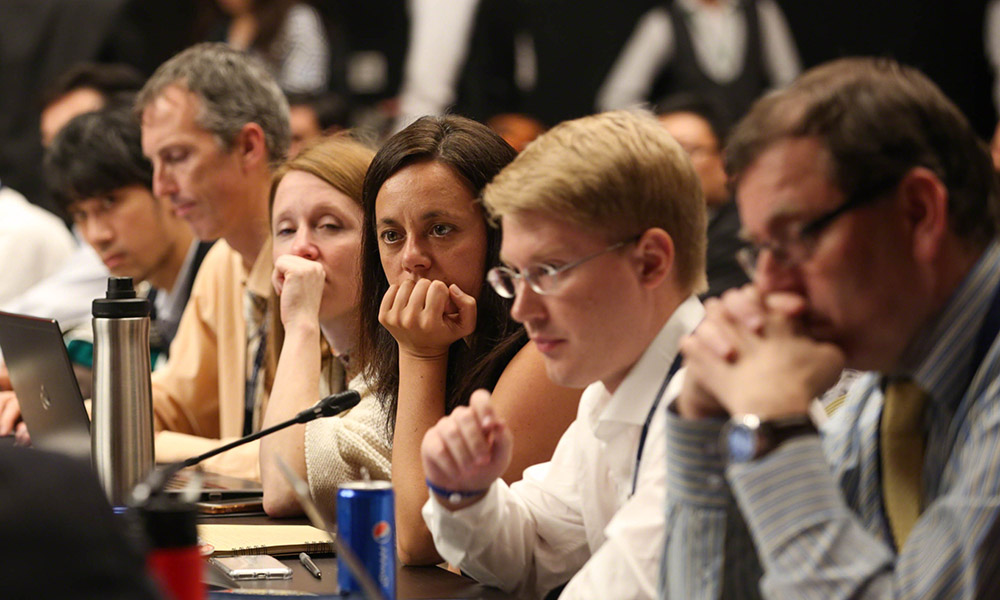
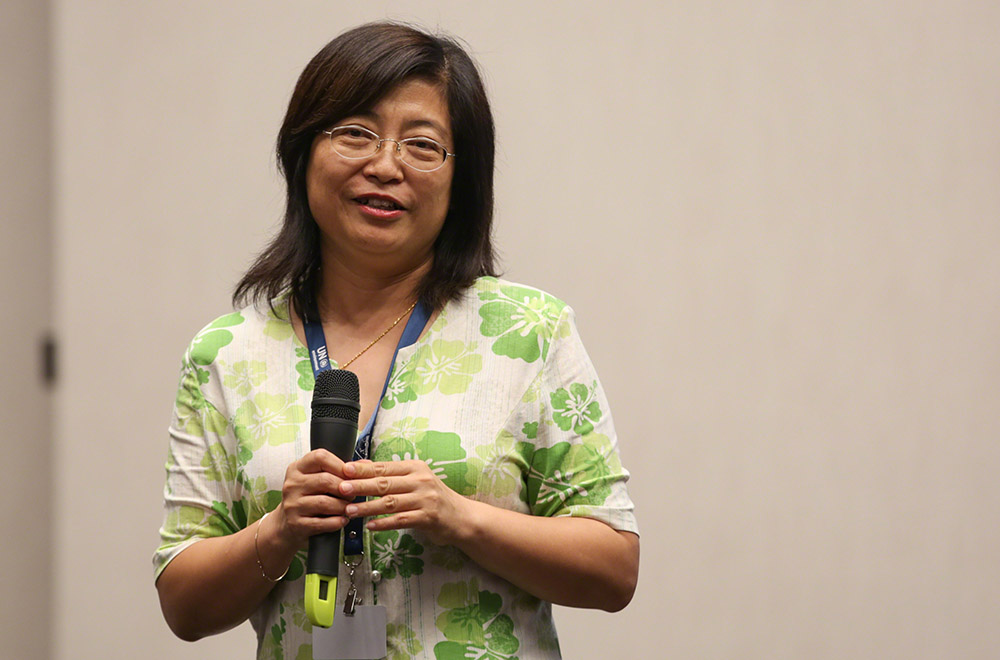
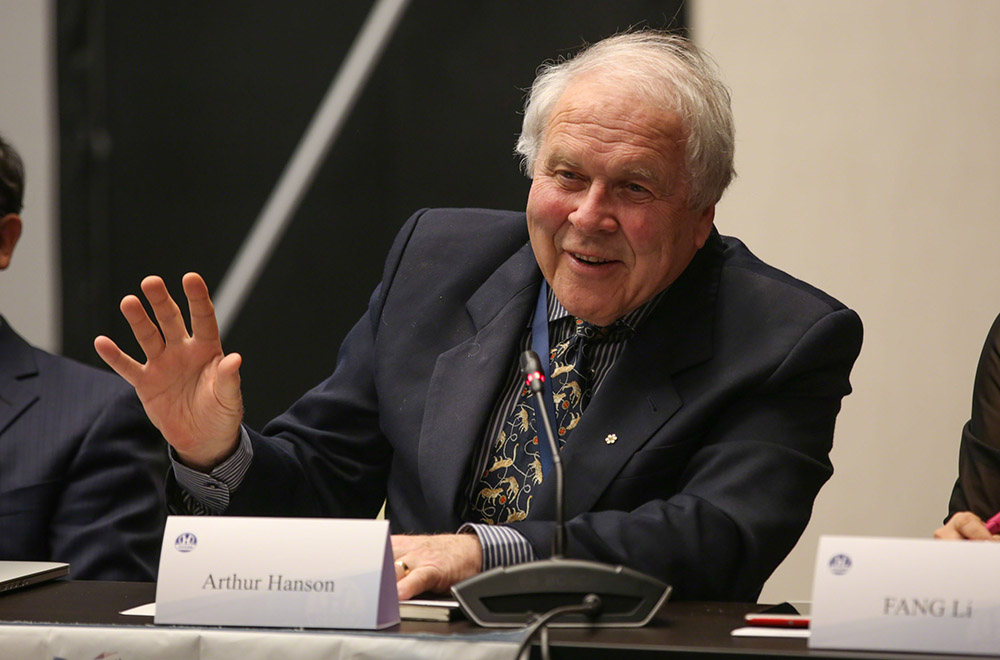
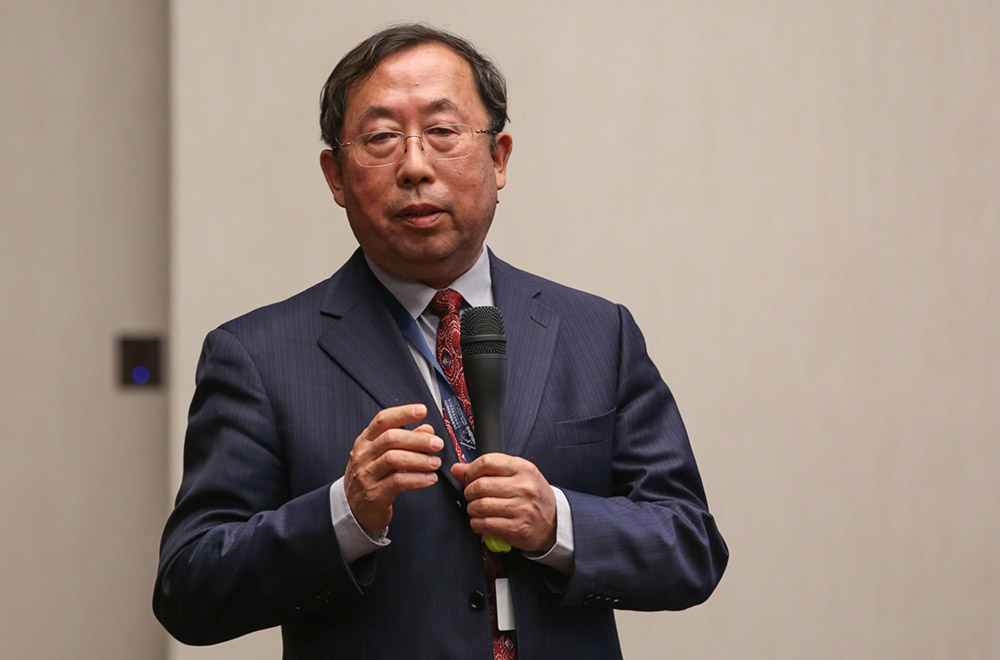
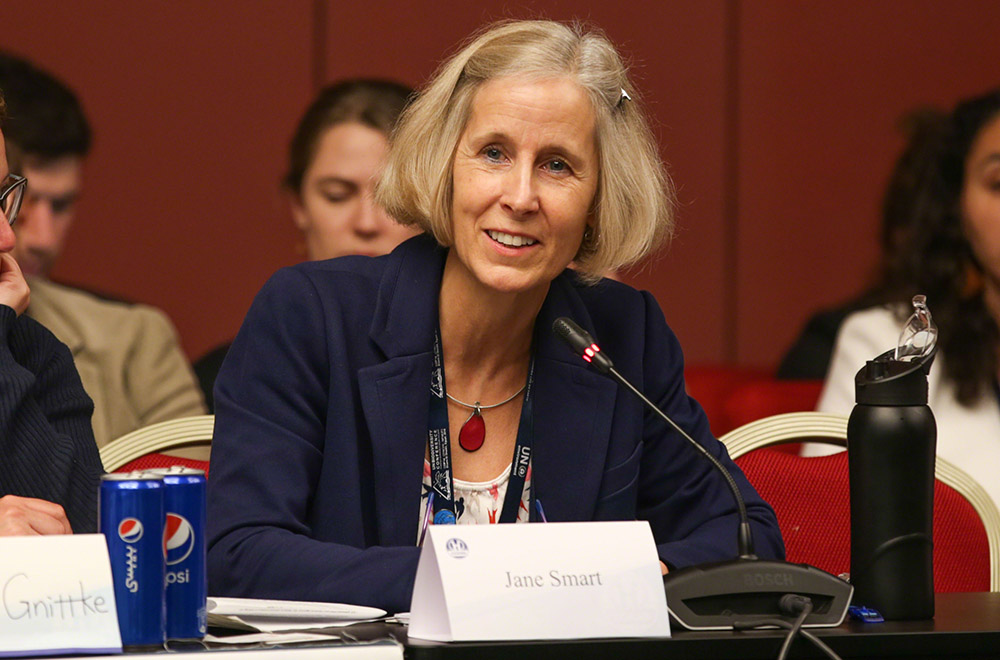
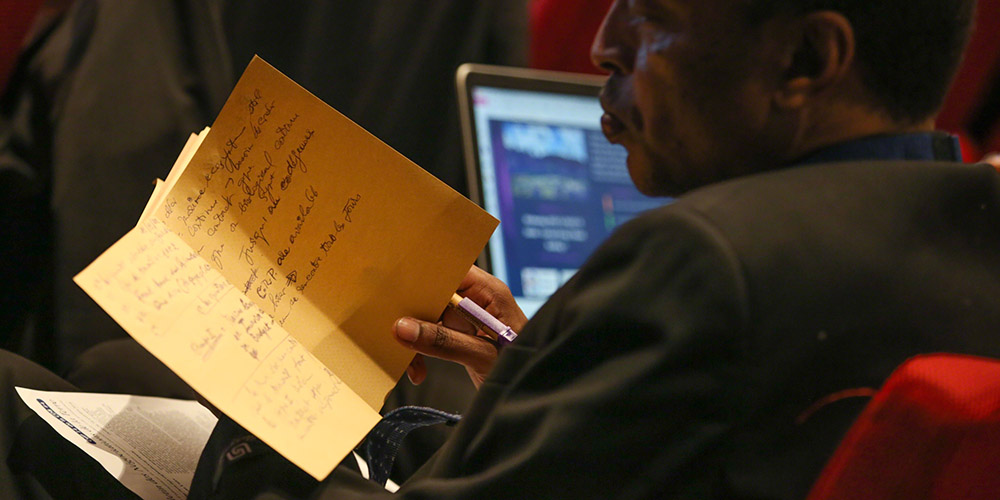
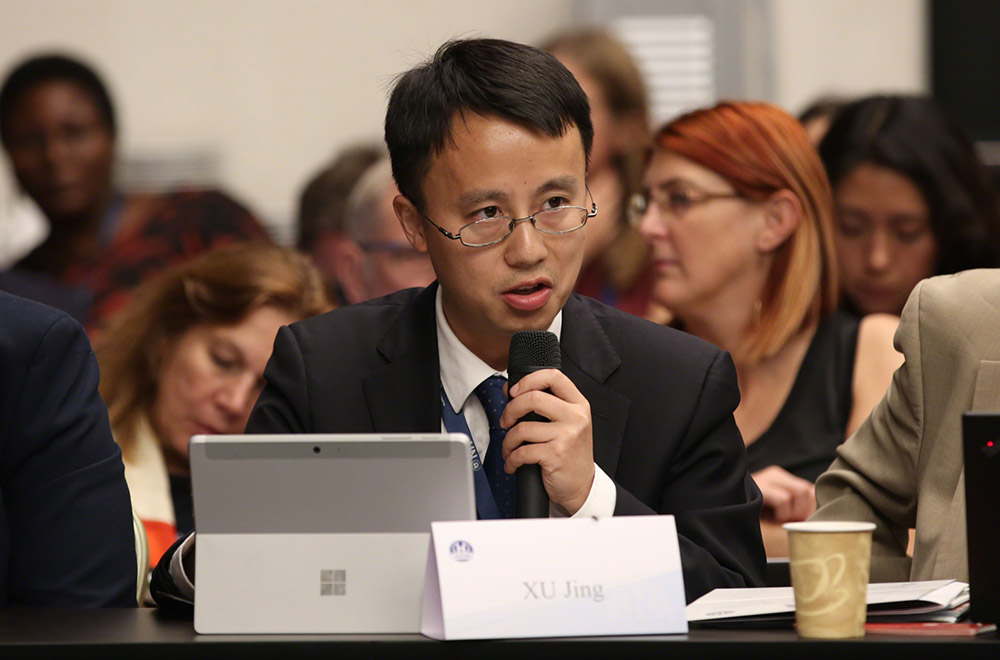
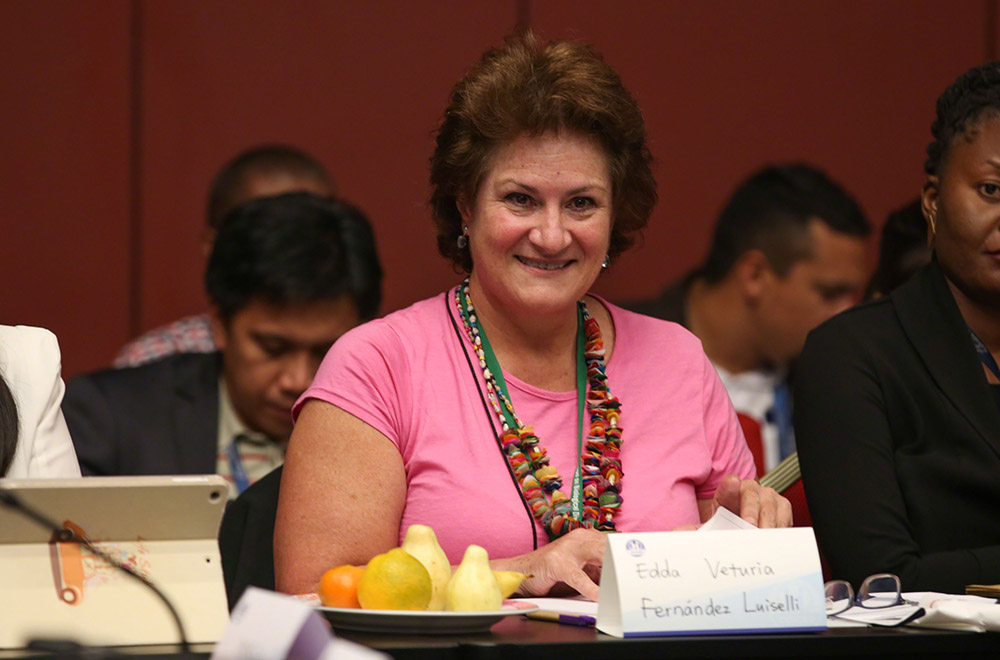
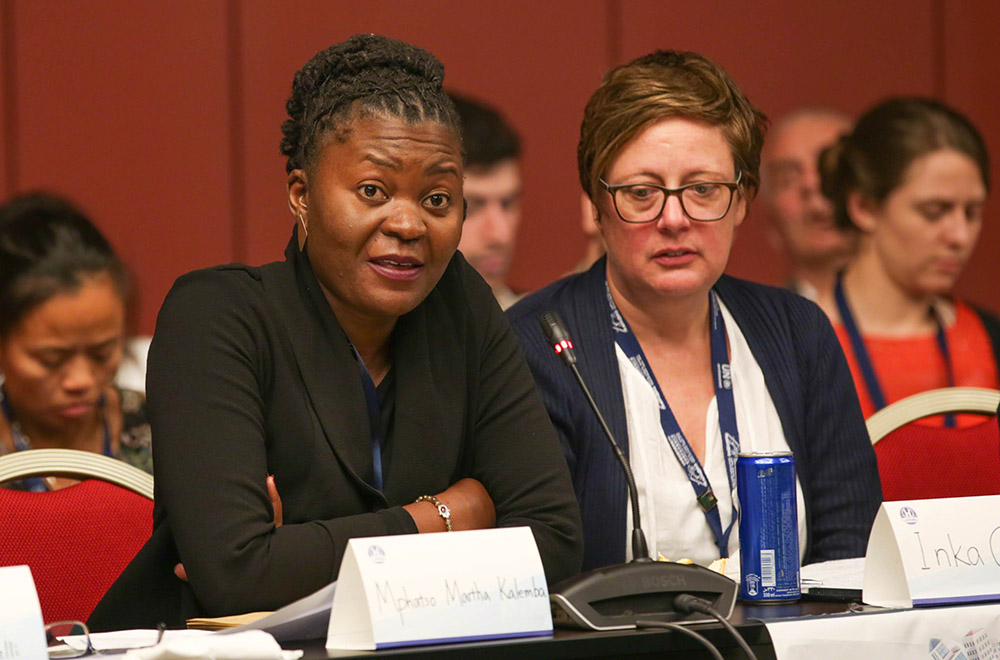
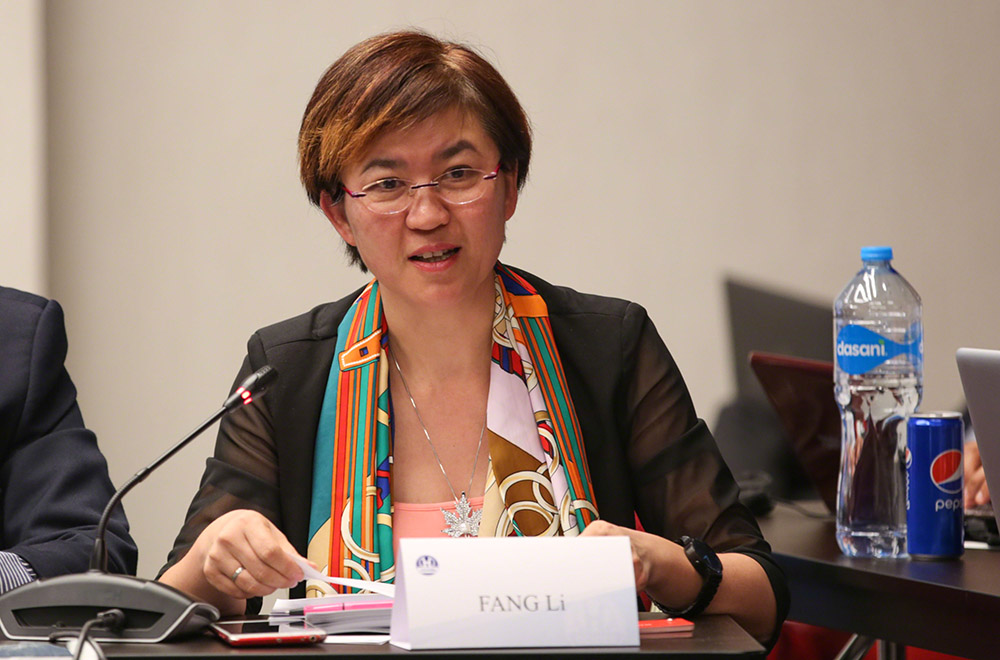
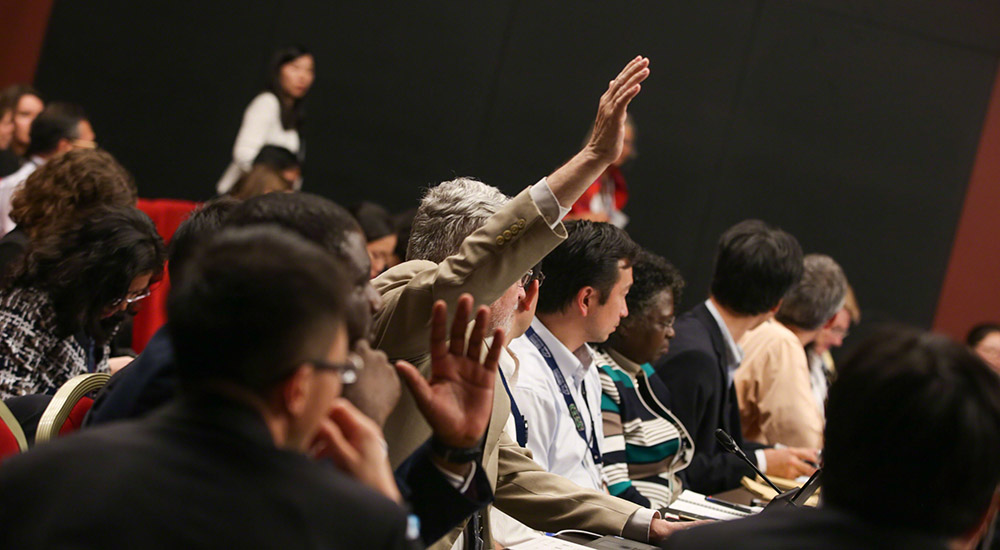
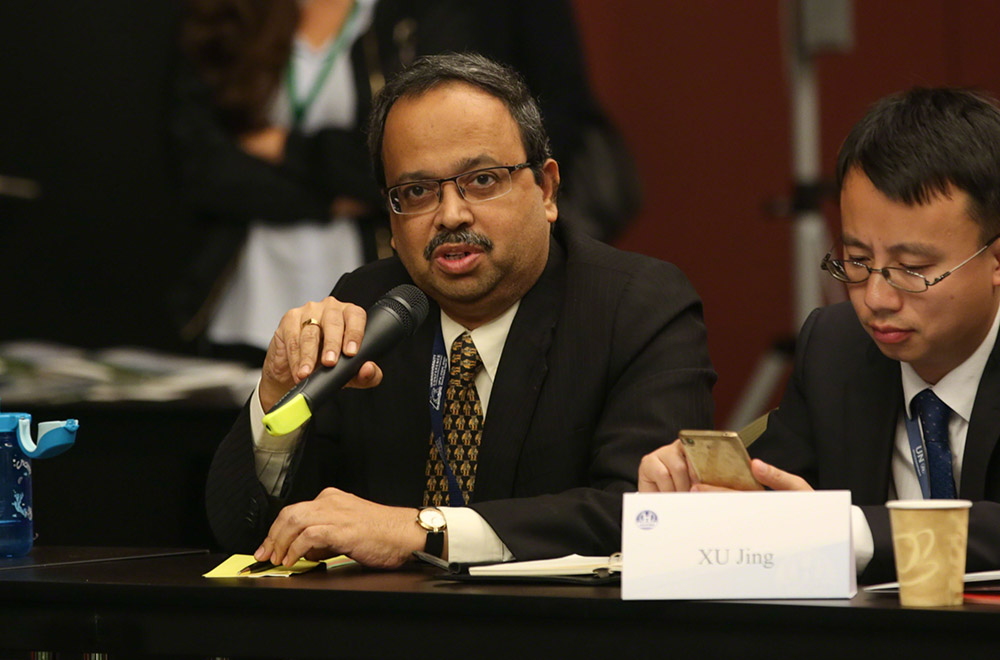
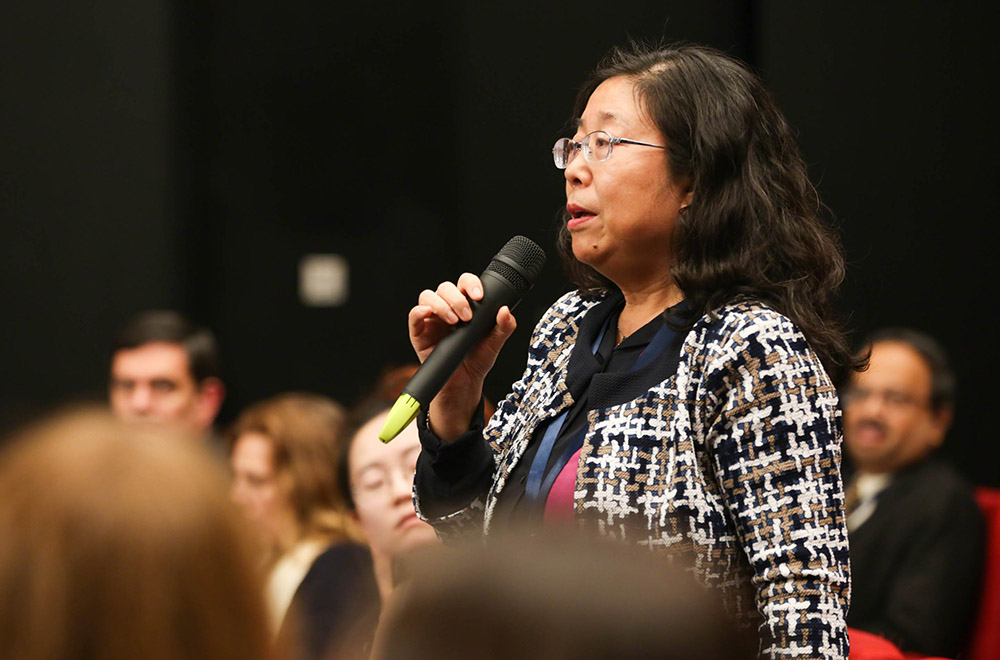
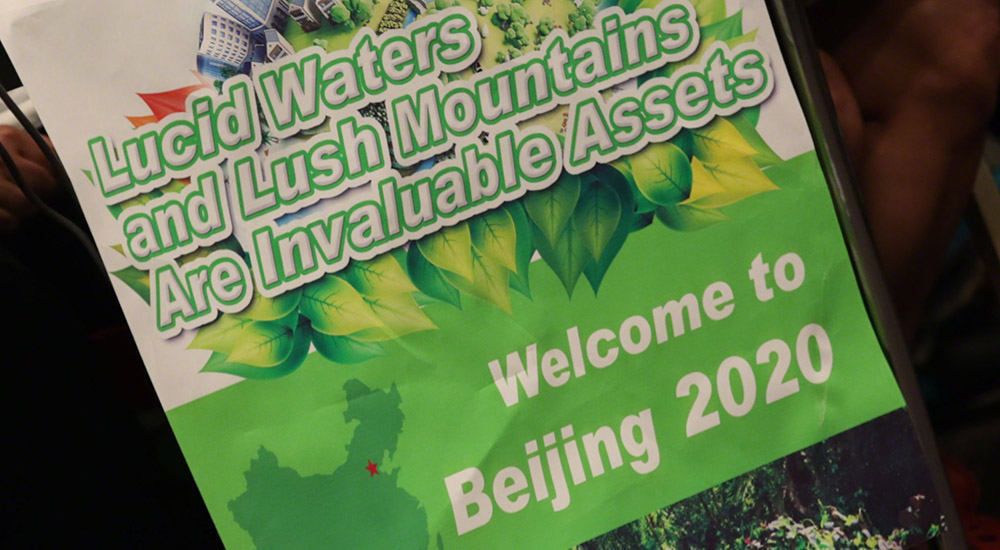
Around the Venue
